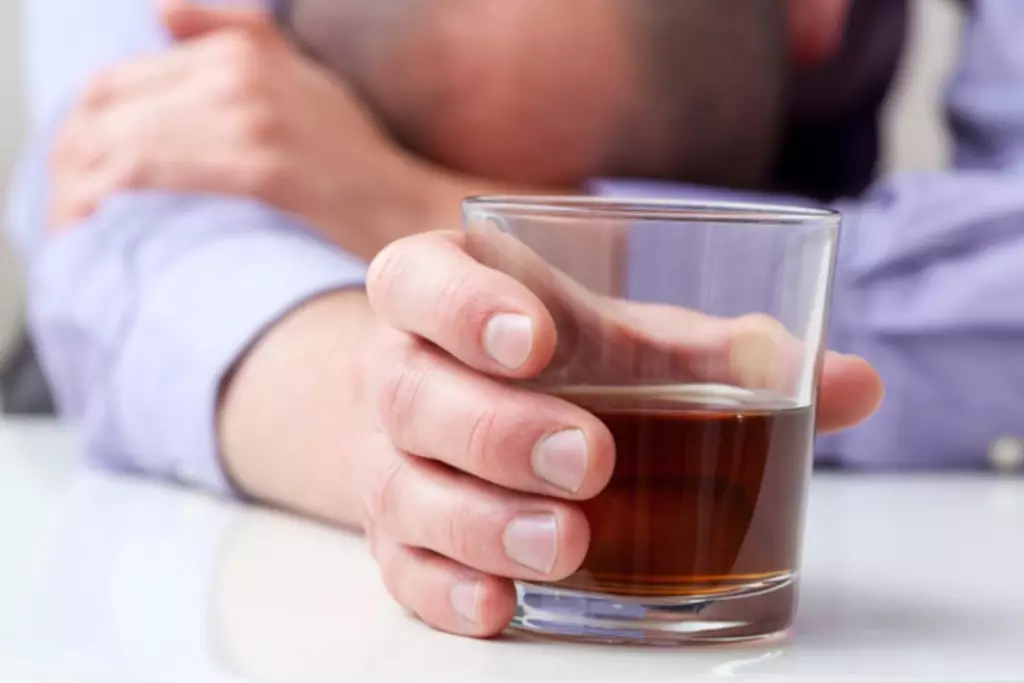What Are The 5 Stages Of Intoxication?
How to Scale a Business: 7 Steps Beyond 7 Figures
15. Februar 2022Как войти в личный кабинет MaxiMarkets com
10. Mai 2022Contact us today to learn how we can help you start your journey to lasting recovery. If you find yourself in a place where you find it difficult to control your alcohol consumption, in which stage of intoxication does an individual become aggressive or withdrawn and sleepy consider seeking help. Addiction used to carry a negative stigma; however, it is now recognized as a legitimate disease that needs treatment, just like other conditions.
Excitement (0.09 – 0.25% BAC)
Women who drink during pregnancy have an increased risk of giving birth to a baby with fetal alcohol syndrome. The divorce rate is 50% higher when one spouse is a heavy drinker. A person can usually tell when they are intoxicated, but https://ecosoberhouse.com/ it may be challenging to spot the signs in others. Clinicians should not assume that a high BAC in patients with apparently minor trauma accounts for their obtundation, which may be due to intracranial injury or other abnormalities.

The Six Stages of Alcohol Intoxication: How Dangerous Is Too Much?
If alcohol intoxication has progressed to a critical level, activated charcoal may help stop the devastating effects of alcohol from moving further along or the stomach may need to be pumped to clear its contents. Blood alcohol content (BAC) is the amount of alcohol in the bloodstream. If someone were to have a BAC of .10, this would mean that one-tenth of 1% of the blood in their body is alcohol.
- Sometimes medications may be used in alcohol addiction treatment.
- This study showed that these effects are not universal, but that wide differences exist between individuals in the effects of alcohol on aggression.
- Fleeting hallucinations that arouse restlessness, fear, and even terror are common.
- We base differences on several things, like genetics, body weight, frequency of intoxication, overall general health, and more.
- Research also indicates that alcoholics who have reduced levels of serotonin in the brain are prone to violent behavior (Virkkunen et al. 1995, 1994b), which may be a product of impaired impulse control.
What Can You Do If You Have an Alcohol Problem?
To test this theory, monkeys were given alcohol intravenously to produce modest levels of intoxication (i.e., a blood alcohol concentration of about 0.25 percent). Then each animal was placed into a separate room, and researchers scored each monkey’s incidents of aggressive behavior toward a provoker. These ratings were based on the frequency of removal from the home cage for perpetrating violent behavior or receiving veterinary care for aggression and the frequency and severity of wounds resulting from aggressive encounters. Both animal and human studies show that rates of aggression during intoxication are stable within individuals (Miczek et al. 1992; Zhang et al. 1997). Similarly, Jaffe and colleagues (1988) found that men who exhibit aggressive behavior when intoxicated are more likely to have had high levels of aggression as children. Our findings suggest that high rates of aggression during intoxication are an extension of a life-long pattern of impulsive, violent aggression, rather than a special form of aggression.
A life history of severe traumatic, but not restrained, competitive aggression was also predictive of aggression when the animals were intoxicated. Studies investigating humans also show that alcohol is most likely to increase aggression in people already disposed to violent behavior (Zhang et al. 1997). About half of adults in the United States drink alcohol, 20% are former drinkers, and 30 to 35% are lifetime abstainers. Drinking large amounts of alcohol (more than 2 to 6 drinks per day) for extended periods can damage a number of organs, especially the liver, heart, and brain.
- They are best for people who have a high motivation to recover and cannot leave their responsibilities at home, work, or school.
- At Casa Palmera, our goal is to aid you in a comprehensive spiritual, physical, and emotional recovery.
- This is a period of high social stress, because the young males must form new relationships and face social challenges in which trauma and premature mortality are relatively frequent (Higley et al. 1994).
- Some may not feel anything until after their third drink, while others are already slightly intoxicated after half a drink.
- Such screening can be particularly helpful in cases where little clinical history is available.
Management of Intoxication and Withdrawal: General Principles
- Recovering Champions offers 100% confidential substance abuse assessment and treatment placement tailored to your individual needs.
- Our laboratory has recently used a nonhuman-primate model to investigate individual differences in the effects of alcohol on aggression.
- Vomiting may occur, and standing and walking will be almost impossible.
- The amount of alcohol in a person’s bloodstream is their blood alcohol content (BAC).
- It is extremely important to us that you receive the highest quality medical care from our qualified staff during your stay.
